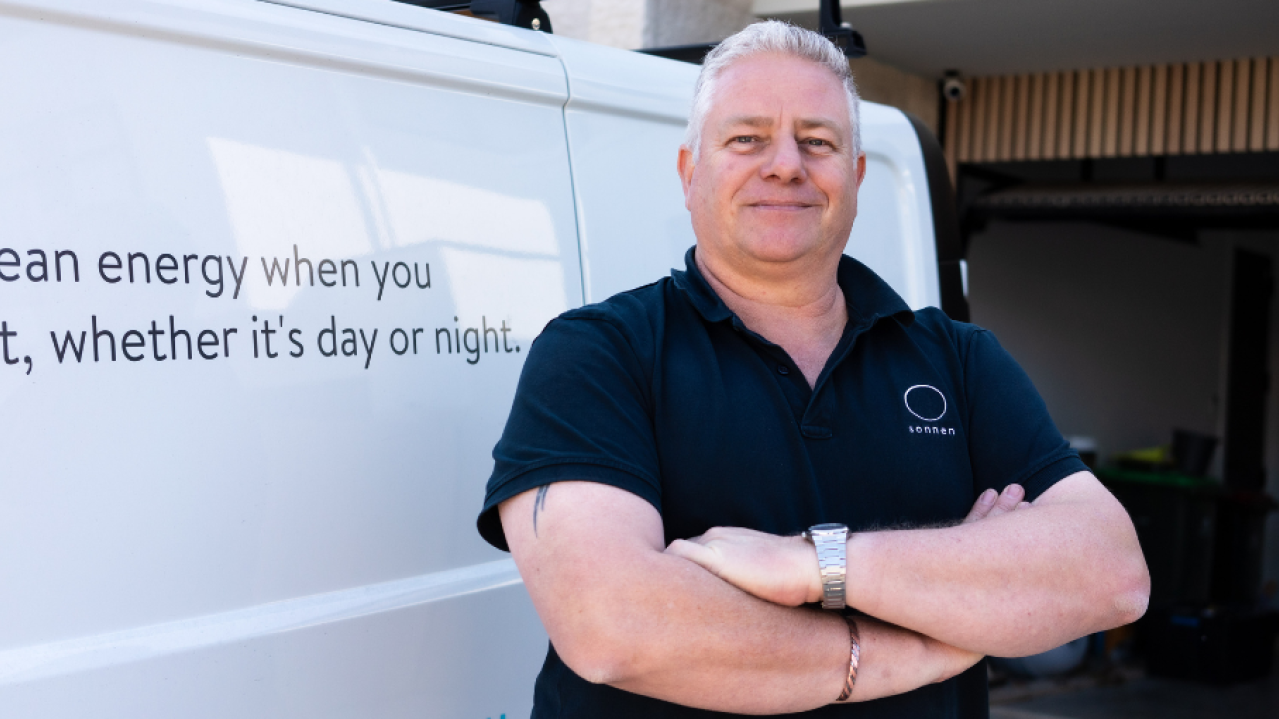
Top 5 Tips for Solar Battery Maintenance
Solar batteries can play an important role in improving the efficiency and effectiveness of your solar energy system.
Top 5 Tips for Solar Battery Maintenance
With some of the best conditions across the world for solar power, it’s no surprise that Australia has one of the highest per capita consumptions of residential rooftop solar. However, it is also Australia’s climate that makes battery maintenance an especially critical process.
Given our unique climate and hotter temperature (e.g. temperature extremes, intense sunlight), the chemical reactions within solar batteries can get accelerated - potentially leading to quicker degradation if your battery is not appropriately cared for.
At the same time, Australia offers one of the more diverse climates - with varying conditions across each state and territory. This variation further underscores a core principle of effective battery care - following a maintenance plan that is specifically tailored to your battery and its environmental conditions.
Why do solar batteries require maintenance?
Regardless of the battery system you have, there are several risks to its lifespan and efficiency, the most notable being temperature, wear and tear, dust and debris and discharge levels. By following proper maintenance processes for your battery, you will help to mitigate these risks - extending its longevity while also ensuring optimal performance and reliability. In the below article, we go through some of the common types of batteries and the maintenance tasks most important to each - as well as our top five tips for maintaining a solar battery system.
Different types of solar batteries
Solar batteries are now more affordable and accessible since they first hit the market, and they’re also more reliable and efficient. Not only is battery technology rapidly improving, but you have many options when it comes to installing a home solar battery system, including different battery types. By understanding the requirements of your battery type, you can implement a more effective care routine and expect the life of your solar battery.
Lead Acid Solar Batteries
Lead-acid batteries are a traditional option for storing solar energy. Given the hotter climate in Australia, lead-acid batteries may experience faster water evaporation. As such, monthly water checks are essential to prevent electrolytes from falling below the recommended level. Ensuring proper hydration for your system will provide a more optimal performance and system longevity. Generally, lead-acid batteries will provide a slower charge cycle and shorter life span compared to other options.
Lithium-Ion Batteries
Lithium-ion solar batteries, like the sonnenBatterie Evo, are known for their higher energy density and longer cycle life. Find out more about why sonnen uses lithium iron phosphate solar battery systems.
With lithium-ion batteries, homeowners can monitor and manage the charge-discharge cycles. While they’re much less sensitive to temperature than other battery types, it’s still important to avoid extremes. Ensure proper storage and appropriate temperature control systems to maximise the lifecycle of your battery.
Nickel-Iron Batteries
While nickel-iron batteries are highly durable, they’re not particularly suited for home solar energy storage. The batteries themselves are long-lasting, but the electrolytes inside them can require replacement every 7-10 years - which can be quite expensive. Further, given they require regular refilling with distilled water, their ongoing maintenance needs are generally much higher than the other systems on the market.
Top 5 Battery Maintenance Tips
Tip 1: Temperature & Storage
The temperature conditions are a more significant factor in battery maintenance for Australian households given the warmer climate and harsher conditions - particularly for batteries installed externally.
Maintaining optimal temperature conditions will help to maximise the performance of your solar battery. Ensure your solar battery is installed in a cool, well-ventilated area away from direct sunlight. In some cases, temperature control systems and insulation may be required to achieve a stable operating environment for your battery.
Tip 2: Depth of Discharge (DoD)
‘Depth of Discharge’ represents the percentage of discharge from the fully charged state. For example, a battery that is 40% charged has a ‘Depth of Discharge’ of 60%. Generally, the more frequently your battery system is charged and discharged, the shorter its lifespan will be. However, if you discharge your solar battery entirely, you will usually dramatically shorten its useful lifespan.
Solar batteries with discharge limits of 95% or more can risk damaging battery health. This is why sonnen batteries have a set hard limit of 90% - prioritising the long-term health and performance of your battery.
By setting up appropriate 'Depth of Discharge' (DoD) limits, and regularly monitoring your performance, you can more effectively balance the usable capacity and overall health of your solar battery system.
Tip 3: Monitor Battery Performance
The regular monitoring of your solar battery is key for effective maintenance. The sonnen App streamlines this process, with real-time monitoring of your battery's usage and health status, including cycle count. The sonnen App also allows you to set preservation levels for optimal care, track historical data, and ensure your battery stays healthy and efficient in the long-term.
Tip 4: Cleaning & Maintenance
While regularly cleaning your home solar battery can improve the performance and length of the battery life, it has more significant benefits for energy absorption and resulting battery efficiency.
Your solar batteries should be cleaned by a qualified professional. Reach out to your accredited installer to arrange effective and safe maintenance of your system.
Tip 5: Physical Inspection
In some cases, the most effective maintenance task for solar batteries is regular physical inspections. When inspecting batteries, check for signs of corrosion, loose connections and any physical damage. By inspecting your battery more regularly, you’ll prevent any potential damage more immediately, while also ensuring the integrity of your system.
By implementing the above five tips, you can improve the lifespan of your solar battery and its resulting productivity.
Explore the sonnen product range
The sonnenBatterie Evo is backed with a 10-year or 10,000 charge cycle warranty on all components. We offer local service, sales and support right here in Australia. Explore the sonnen product range and speak with an expert to learn more about how we can help your home become more energy-independent.










